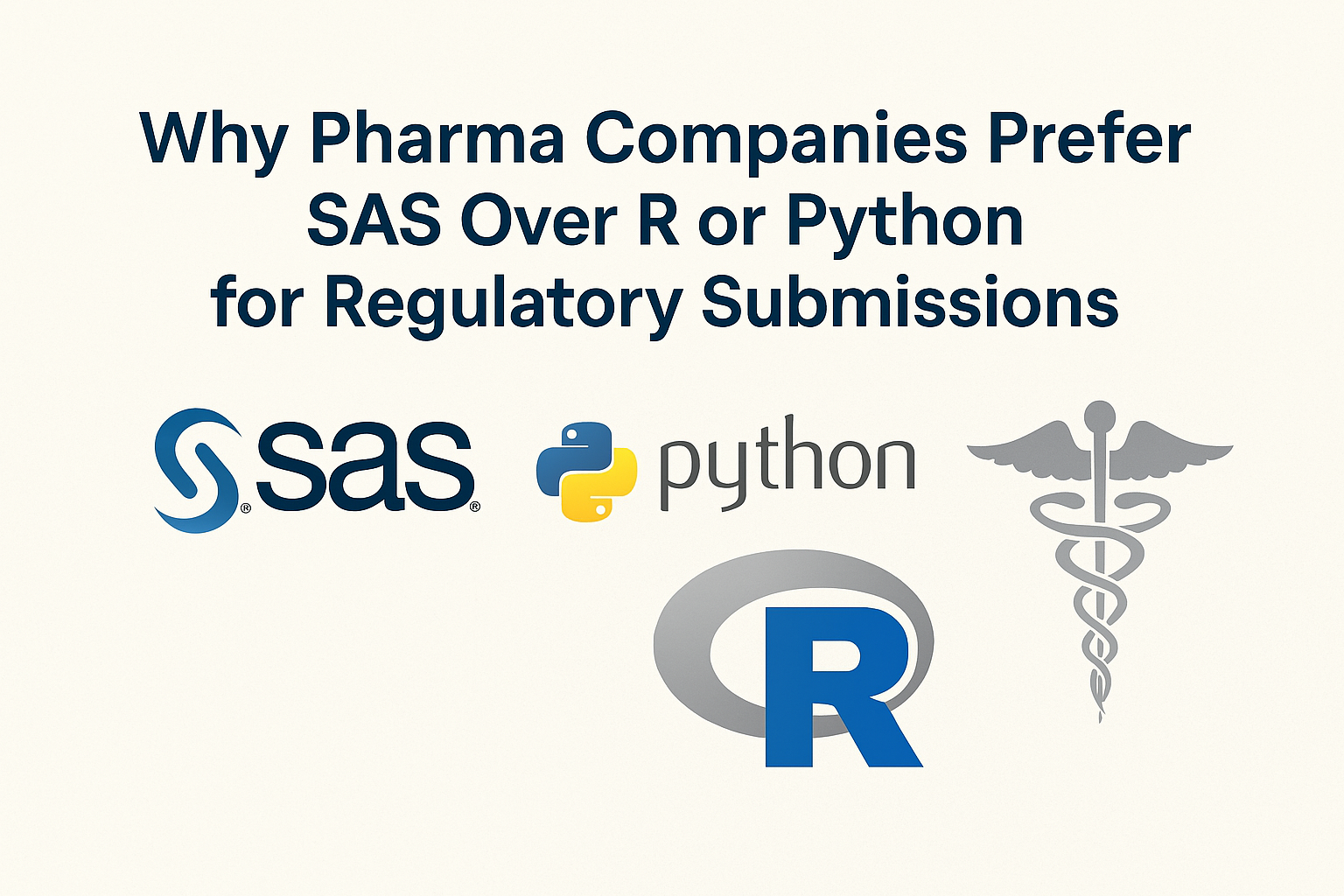
- by KK
- March 5, 2024
HR Interview: A Comprehensive Guide
Cracking the HR Interview: A Comprehensive Guide for Job Seekers
The Human Resources (HR) interview is often the final hurdle between a job seeker and their dream role. Whether you're a fresh graduate stepping into the professional world or an experienced professional looking to climb the career ladder, acing the HR interview is crucial. Here's a comprehensive guide to help you navigate through common HR interview questions and craft impressive answers that leave a lasting impression.
1. Tell me about yourself.
Freshers:
Start with a brief introduction highlighting your educational background, key skills, and any relevant internships or projects you've worked on. Focus on your strengths and how they align with the requirements of the job you're applying for.
Experienced:
Provide a concise summary of your career trajectory, emphasizing your most relevant experiences, achievements, and skills. Tailor your response to showcase how your past roles have prepared you for the position you're seeking.
2. Why do you want to work for this company?
Research the company thoroughly and identify its values, mission, and culture. Align your answer with these aspects, expressing genuine interest in contributing to the company's success. Highlight specific reasons such as its reputation, innovative projects, or opportunities for growth and development.
3. What are your strengths and weaknesses?
When discussing strengths, focus on skills or qualities that are relevant to the job. Provide examples of how you've demonstrated these strengths in previous roles. For weaknesses, choose areas where you've made progress or have strategies for improvement. Frame your weaknesses positively and demonstrate your willingness to learn and grow.
4. Describe a challenging situation you faced and how you overcame it.
Use the STAR method (Situation, Task, Action, Result) to structure your response. Start by briefly outlining the situation and the challenges you encountered. Then, describe the specific actions you took to address the situation and the positive outcome or lessons learned as a result of your efforts.
5. How do you handle pressure or tight deadlines?
Highlight your ability to stay calm and focused under pressure. Discuss strategies such as prioritizing tasks, breaking down projects into manageable steps, and effectively communicating with team members or stakeholders. Provide examples of times when you successfully met tight deadlines or navigated high-pressure situations.
6. Where do you see yourself in 5 years?
Demonstrate your ambition and career goals while also showing that you're realistic and adaptable. Express your desire for growth and advancement within the company, but also emphasize your commitment to continuous learning and professional development. Align your long-term goals with the trajectory of the role and the organization.
7. How do you handle constructive criticism or feedback?
Showcase your ability to receive feedback positively and use it as an opportunity for growth. Discuss how you actively seek feedback, listen attentively, and take actionable steps to address areas for improvement. Highlight instances where you've implemented feedback to enhance your performance or skills.
8. Why should we hire you?
This is your chance to make a compelling case for why you're the best candidate for the job. Summarize your key qualifications, experiences, and strengths that make you uniquely suited for the role. Highlight specific achievements or contributions that demonstrate your value and potential impact on the organization.
Preparing for HR interview questions requires thoughtful reflection, practice, and the ability to effectively communicate your experiences and skills. By understanding common HR interview questions and crafting well-prepared responses, both freshers and experienced professionals can confidently navigate through the interview process and land their desired job opportunities. Remember to be authentic, enthusiastic, and professional throughout the interview, and you'll be well on your way to success.
Also Read:
Professional Cover Letter with sample template
Clinical SAS Interview Questions and Answers






